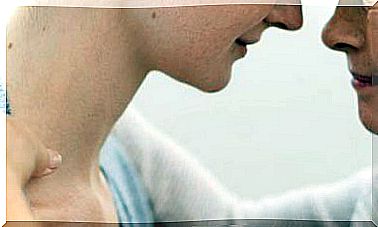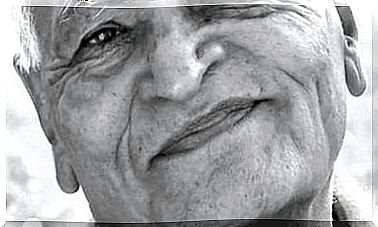6 Causes Of Jaw Problems
Gritting your teeth when sleeping, often from stress, is the main cause of jaw problems. But posture, certain habits and personal constitution also play a role.

At birth the jaw allows you to take the first breath, the first food, the love of the mother. In lactation, the baby must suck, breathe through the nose and at the same time swallow, which stimulates the shape of the joint and the balanced growth of the bone.
With age the jaw varies. That of the baby is narrow, but it widens and in adulthood it reaches its maximum size. In old age, if teeth are lost, it narrows again.
It is a multifunctional joint: it intervenes in opening the mouth, chewing, breathing and swallowing, as well as speaking, kissing, loving… In a single day it can make ten thousand movements!
Problems usually have a cause both physical and emotional
The set of problems that affect the joint and the muscles that surround it is known as temporomandibular joint dysfunction.
In an initial phase only muscle pain is felt . Over time, a reducible disc subluxation or dislocation may occur: a click is heard when opening or closing the mouth, with a slight deviation when opening, such as a sprain.
The main causes of jaw problems are:
1. Breathing through the mouth
It is convenient to breathe through the nose. The mouth breathing with atypical swallowing (tongue between teeth) prevents good occlusion.
2. Incorrect occlusion of the jaw
When the upper jaw and mandible do not relate well to each other, either one is larger or narrower or is forward or backward, postural and temporomandibular joint problems may appear .
A jaw turned to one side produces a postural asymmetry of the shoulders to the same side. Wearing a poorly fitting prosthesis or a tooth that collides with its antagonist prematurely can also cause problems.
3. Suffer bumps or falls
Skull, sacrum and jaw are connected. A fall on the tailbone or a whiplash (a blow from behind, as in the car) can affect the jaw.
An osteopath can help rebalance the cranio-sacral-mandibular axis.
4. Having inappropriate habits
Lowering the tongue when swallowing, biting nails, biting the lips or cheeks, or piercing the tongue or lip all contribute to jaw joint problems.
5. Suffering from bruxism
This unconscious contraction of the chewing muscles is a physiological defense against stress. It is common when sleeping. If it is prolonged, it can wear down the teeth, retract the gums and damage the temporomandibular joint. Sometimes so much force is exerted that teeth fracture. Upon awakening there may be spasm and muscle pain.
The problem is aggravated if there is malocclusion.
6. Present ligament laxity
There are tall and thin people who have very flexible ligaments. They are people of phosphoric or fluoric constitution to whom homeopathy can be useful. Sometimes a simple yawn can be problematic in these cases.









